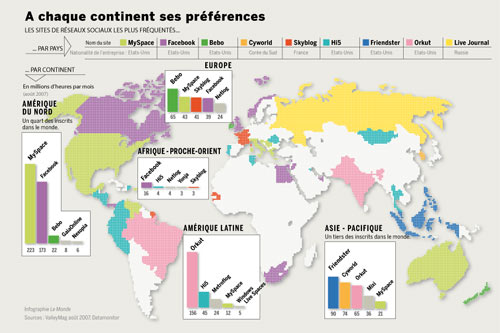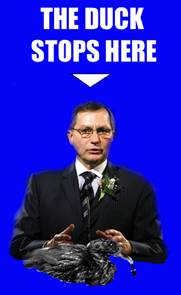An very abbreviated look at recent closed-door decision making in Alberta. With only 11 opposition MLAs in the 83 member Legislative Assembly, one has to wonder why the 37-year governing Alberta Tories are so afraid of being open and transparent with these decisions.
March 2007 - Premier Ed Stelmach introduces new conflict-of-interest legislation into the Alberta Legislature.
February 4, 2008 - In a closed-door cabinet meeting hours before calling an election, Ed Stelmach and his cabinet amend conflict-of-interest rules so that they won't apply to retiring or defeated Progressive Conservative Ministers and MLAs.
April 2008 - All MLA salaries are increased by 4.5% through a publicly indexed formula.
May 2008 - In a closed-door cabinet meeting, Ed Stelmach and his cabinet voted to give themselves nearly one million dollars worth of raises. payraise. Stelmach gives himself a 34% boost, increasing his salary by 54,000, to $213,450 from $159,450. Tory Ministers will now make $184,000, up from $142,050.
Kevin Liben described the salary increase issue well on his National Post blog:
Mr. Stelmach told reporters yesterday that the salary raise was justified to attract talented people to politics. “It’s something that we had to do and will continue doing in terms of attracting good people,” he said. But voters will be left to wonder why the current salary grid didn’t stop hundreds of Albertans from fighting tooth and nail first for a nomination and then a seat in the legislature just months ago, including some pretty impressive talents such as Allison Redford, the rookie attorney general, a renowned human rights lawyer who helped administer Afghanistan’s elections for the UN, and Arthur Kent, the former NBC celebrity reporter (he lost). Salaries never surfaced as an issue during the election among candidates, or voters.
Which is why many Albertans are probably more than a little skeptical of the Premier’s version of things, and are more likely to see this as just a convenient and juicy perk that he and his cabinet decided to award themselves after winning a landslide vote and demolishing the opposition. And judging by the size of the hike and way that it was snuck in, without the inconvenience of independent assessment or public consultation, they’re probably right.







